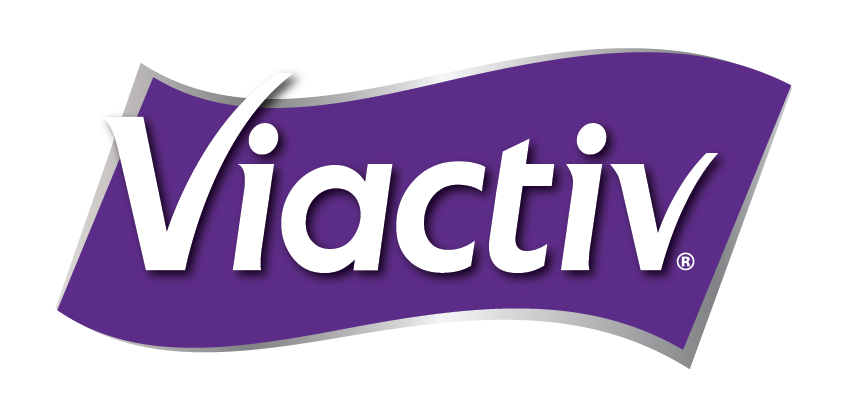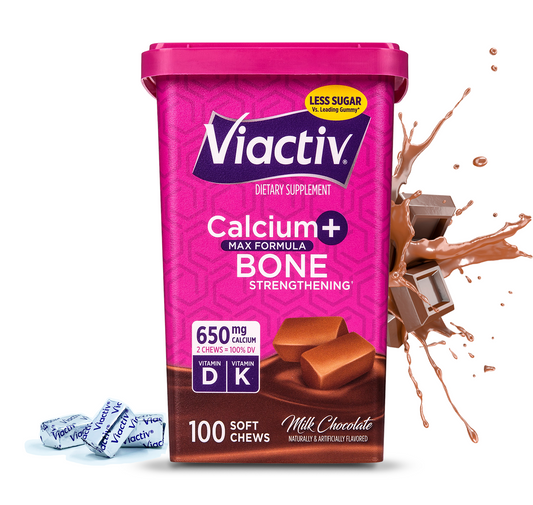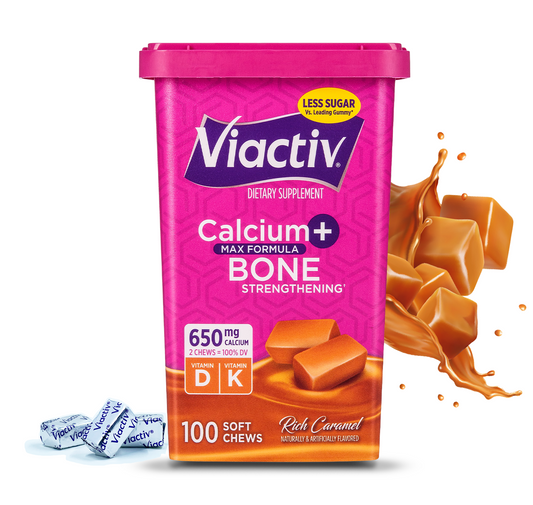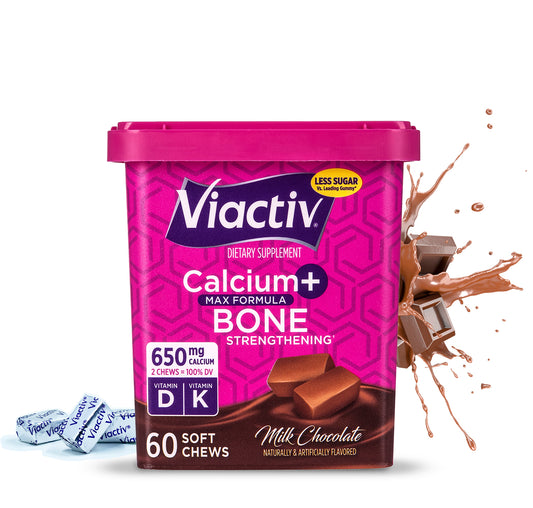Omega-3 fatty acids are vital for the maintenance of brain health and normal brain function throughout life. Consisting of 60% fat, the brain needs omega-3s to develop and function properly. Research shows that fatty acids are some of the most critical and influential molecules on your brain’s integrity and ability to perform. Adequate levels of omega-3 fish oil supplements, also known as brain health supplements, support brain development, proper blood flow in the brain, and in turn, supports memory.
EPA and DHA Omega 3 for Brain Health

The most common Omega-3s are called Alpha Linolenic Acid (ALA), Eicosapentaenoic Acid (EPA) and Docosahexaenoic Acid (DHA). ALA is the plant source Omega-3 found in green leafy vegetables and seeds, like flax. ALA is the most abundant Omega-3 in nature. Unfortunately, ALA is not a preformed omega-3 fatty acid and must be biochemically converted in the body to EPA and DHA for the nutrients to be useful. EPA and DHA are known as “preformed” Omega-3s, which means that the nutrients can be immediately beneficial when consumed. In very simple terms, plant source Omega-3s are tasty, but not beneficial to replenish Omega-3’s EPA and DHA, which are the ONLY Omega-3s that are useful in the body. EPA and DHA help organs, the immune system, and hormone systems function at their best.
DHA Brain Development Influence

DHA is the most abundant Omega-3 for brain health and is especially important in nerve cell function and structure. Many studies demonstrate the beneficial effects of maternal intakes of nutrients, like omega-3s. Specifically DHA during pregnancy for optimum growth and development of the brain and retinae; DHA is essential for brain and eye development. This necessity for DHA occurs continuously throughout pregnancy but is most active between week 29 and week 40 of pregnancy. The growing fetus mostly relies on the placental supply as its source of DHA. DHA doesn’t only benefit the growing baby, DHA supplementation also benefits the mother by supporting a longer-term pregnancy and a slight increase in baby’s birth weight.
EPA Supports Behavior & Mood

Both DHA and EPA determine how well the brain develops, functions, and is preserved as it ages. While DHA is proven essential to pre- and post-natal brain development, EPA is more influential on behavior and mood. While DHA becomes a part of brain cells’ structure, EPA reduces inflammatory processes in the brain and balances metabolic pathways. While there is no single super-food to lift someone’s mood, there is a direct association between mood variations and fish consumption, and fish is the richest natural source of omega-3s EPA and DHA. Countries like Japan and Iceland report decreased levels of mood decline and higher levels of fish consumption. Further research supports this correlation as it’s been shown that EPA and DHA Omega-3 levels in the blood are significantly lower in people experiencing melancholy or mood decline.
Research Supports Taking Omega-3s for Brain Health

A 2021 study followed over 300 healthy individuals aged 25-49, for 6-months assessing cognitive performance and memory consolidation. These measures were tracked using computerized cognitive markers including speed and accuracy. The participants consumed either EPA and DHA omega-3s together (900mg of EPA and 360mg of DHA) or a placebo of Olive Oil. The study showed that both memory accuracy and speed improved with the EPA and DHA oil compared to the placebo. In addition, other supporting research identified that accelerated cognitive decline and mild cognitive impairment are correlated with lower levels of EPA and DHA. This research shows that EPA and DHA omega-3 brain health supplementation supports cognitive function.
Sources:
Essential Fatty Acids and Human Brain | National Institutes of Health (NIH)
The Omega-3 Effect | Ask Dr. Sears
Maternal Docosahexaenoic Acid Status during Pregnancy and Its Impact on Infant Neurodevelopment | National Institutes of Health (NIH)
Omega-3 Fatty Acids and Mood Disorders | Today’s Dietitian
Red Blood Cell Fatty Acids are Associated with Depression in a Case-Control Study of Adolescents | National Institutes of Health (NIH)
How to Feed Your Brain to Lift Your Mood | Igennus HealthCare Nutrition
Cross-National Comparisons of Seafood Consumption and Rates of Bipolar Disorders | National Institutes of Health (NIH)
Supplementation with Oil Rich in Eicosapentaenoic Acid, but Not in Docosahexaenoic Acid, Improves Global Cognitive Function in Healthy, Young Adults: Results from Randomized Controlled Trials | The American Journal of Clinical Nutrition
Docosahexaeonic Acid and Adult Memory: A Systematic Review and Meta-Analysis | National Institutes of Health (NIH)
Last Updated On: January 11, 2022
First Published On: October 27, 2022





